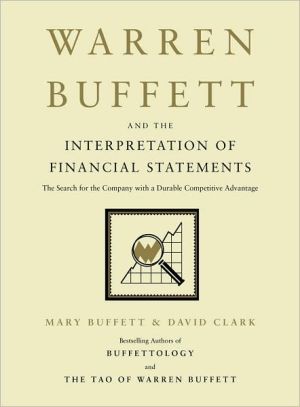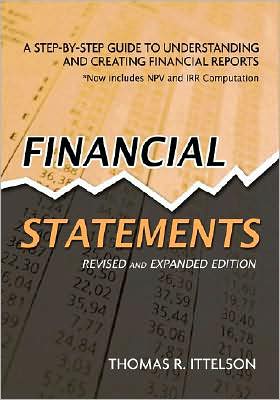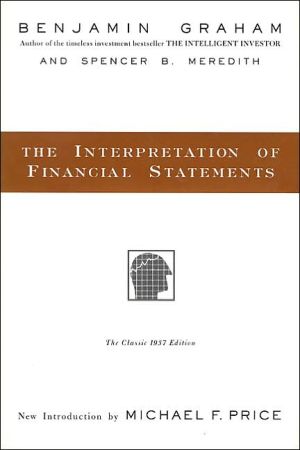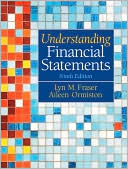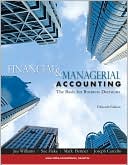Financial Accounting in an Economic Context
A valuable resource for any business professional, this book shows how performance metrics available from the financial statements, shareholder value creation, and the firm's market value are all tied together. It also explores earnings management, including the use of discretion by management in the preparation of the financial statements to cast a favorable picture of the financial performance and condition of the firm. Readers will then delve more deeply into the methods used to account...
Search in google:
Discover the keys to creating long-term shareholder value. The goal of every successful manager is to generate the best return on equity possible— creating, in turn, long-term value for shareholders. The tools of every good manager are a thorough understanding of economic factors, measurement issues, and the principles of decision making. The integrative approach to accounting and finance found in Jamie Pratt’s Financial Accounting in an Economic Context, Seventh Edition helps you acquire these essential tools so you can make proper decisions based on a complete financial picture. And its real-world cases, rooted in today’s business environment, enable you to develop an intuitive grasp of the balance between economics, internal controls, international standards, and ethics in your decision making. Keeping pace with the fast-changing business environment, this revised and updated edition adds new coverage of:Developments in business such as private equity, the growing influence of International Financial Reporting Standards (IFRS), Sarbanes-Oxley, and the importance of internal controlsReturn on equity (ROE) and its determinantsLegal liability, ethical issues, and management’s incentives and influence on financial reportsEarnings management, including the use of discretion by management in the preparation of the financial statements to cast a favorable picture of the financial performance and condition of the firm. Booknews The fifth edition of this text on introductory financial reporting and analysis contains new elements designed to enhance the text's economic decision-making theme, and updated real-world references, many on the Internet-based economy. For this edition, questions are placed within chapters rather than at the end, and all questions and exercises refer to real-world companies and events. Sections cover financial accounting and its economic contact, use of financial statements, assets, liabilities and stockholders' equity, and income and cash flows. Pratt teaches accounting and chairs the Department of Accounting and Information Systems at Indiana University. Annotation c. Book News, Inc., Portland, OR (booknews.com)
1 Financial Accounting and Its Economic Context 22 The Financial Statements 333 The Measurement Fundamentals of Financial Accounting 744 The Mechanics of Financial Accounting 1065 Using Financial Statement Information 1666 The Current Asset Classification, Cash, and Accounts Receivable 2287 Merchandise Inventory 2748 Investments in Equity Securities 3139 Long-Lived Assets 36210 Introduction to Liabilities: Economic Consequences, Current Liabilities, and Contingencies 41011 Long-term Liabilities: Notes, Bonds, and Leases 45712 Shareholders' Equity 51113 The Complete Income Statement 56414 The Statement of Cash Flows 605App. A The Time Value of Money 662App. B Quality of Earnings Cases: A Comprehensive Review 687App. C 2006 Pepsico Annual Report 720Glossary 754Subject Index 781Company Index 789
\ BooknewsThe fifth edition of this text on introductory financial reporting and analysis contains new elements designed to enhance the text's economic decision-making theme, and updated real-world references, many on the Internet-based economy. For this edition, questions are placed within chapters rather than at the end, and all questions and exercises refer to real-world companies and events. Sections cover financial accounting and its economic contact, use of financial statements, assets, liabilities and stockholders' equity, and income and cash flows. Pratt teaches accounting and chairs the Department of Accounting and Information Systems at Indiana University. Annotation c. Book News, Inc., Portland, OR (booknews.com)\ \

